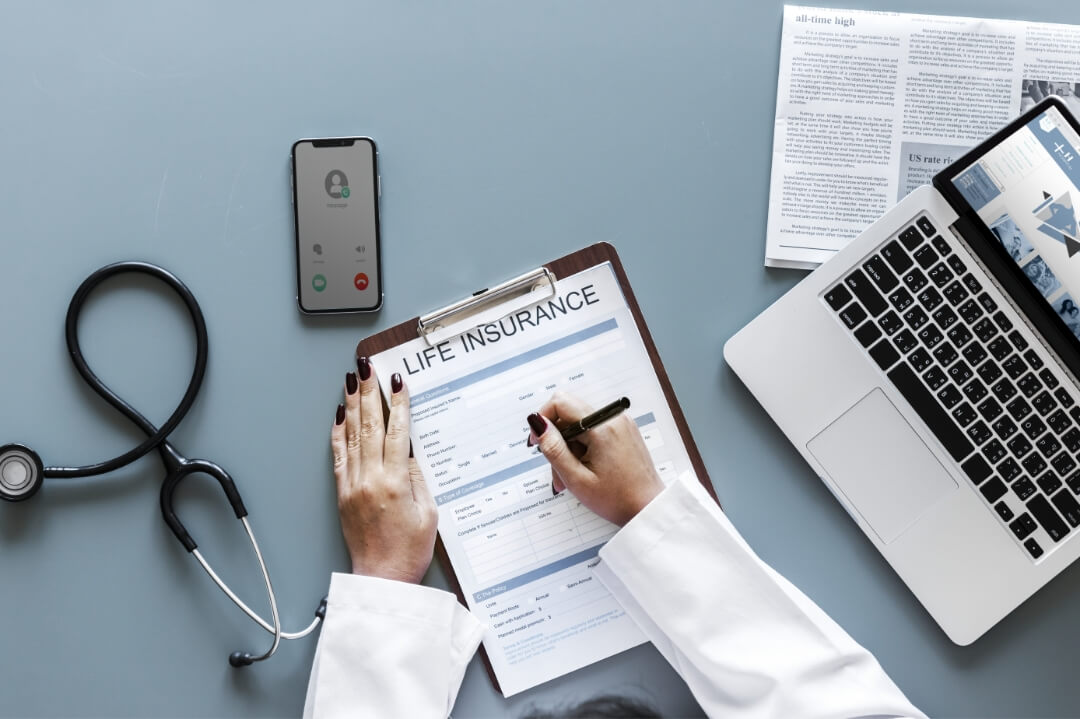Entities obligated to comply with HIPAA privacy standards include healthcare providers such as doctors, dentists, pharmacies, hospitals, and nursing homes that transmit health information electronically, health plans like health insurance companies, HMOs, company health schemes, and certain government programs, as well as healthcare clearinghouses that convert nonstandard health information into a standard format, and business associates who perform services for these covered entities involving the use or disclosure of protected health information (PHI). These regulations serve to uphold the confidentiality, integrity, and availability of PHI, emphasizing both the privacy rights of individuals and the responsibilities of organizations handling this data. Business associates, ranging from IT consultants to billing companies, share the responsibility with covered entities to protect health data from unauthorized disclosures or breaches. With the growing reliance on electronic storage and transmission of health information, the HIPAA privacy standards act as a safeguard to ensure that technological advancements do not compromise patient privacy.
Protecting and Empowering Patients in a Digital Age
The HIPAA Privacy Rule seeks to establish a robust framework for the safeguarding of sensitive health information. This framework is supported by proactive strategies, including risk evaluations, ongoing internal checks, and comprehensive training in security protocols. By vigilantly updating security approaches in the face of new threats, healthcare organizations demonstrate their ongoing commitment to the protection of PHI. Such an adaptive approach aligns with the directives of the HIPAA Privacy Rule and further reinforces the relationship of trust between healthcare entities and their patients. These security measures place an emphasis on patient education and empowerment. Equipped with knowledge, patients can actively engage with their healthcare processes. Healthcare entities help to inform their patients by conducting informative sessions, providing straightforward materials on data privacy, and offering dedicated channels for inquiries on health data privacy. This commitment to clarity allows patients to better understand the protective measures in place and recognize how to access their information or address discrepancies. It is also important to ensure that online platforms are user-friendly. Prioritizing intuitive interfaces for electronic health portals and providing instructions on retrieving health records ensures patients can access their health data confidently. This confidence in accessing and understanding their health details reaffirms patients’ trust in healthcare organizations. Enhanced trust in data security has wide-reaching impacts. When patients trust their healthcare provider’s data protection, they are more likely to communicate openly, follow medical advice, and take steps to maintain their health. HIPAA’s principles promote both data safety and quality patient care, highlighting the connection between information security and excellent healthcare in today’s digital era.
Ensuring Electronic Health Record Security
With the introduction of electronic health records (EHRs), healthcare transitioned from traditional paper methods, realizing both benefits and newfound challenges. This digital format simplifies the process of sharing and retrieving health data but also opens the door to potential risks. Recognizing these challenges demands the establishment of strong electronic security measures. Regular audits and detailed training sessions are instrumental in making sure healthcare organizations and their partners maintain advanced protections against unauthorized access and potential data breaches.
Emphasizing Patient-Centric Care
The overarching goal of the HIPAA Privacy Rule resonates with the ideal of providing patient-centric care. A confident patient, assured of the safety of their health data, is more likely to divulge comprehensive health details. This, in turn, facilitates more accurate diagnoses and effective treatment plans. In cultivating a secure environment, healthcare institutions pave the way for a symbiotic relationship with their patients. This collaborative approach inevitably leads to enhanced health outcomes and elevates patient satisfaction levels. In the ever-evolving landscape of healthcare, where data breaches have become alarmingly common, the onus falls on healthcare providers, health plans, clearinghouses, and their business associates to prioritize the safety and confidentiality of patient data. Through rigorous adherence to the standards set forth by the HIPAA Privacy Rule, the goal is to maintain the integrity and confidentiality of health information, ensuring the welfare of all stakeholders involved.
Compliance and Adaptability in a Changing Landscape
The evolving nature of technology, coupled with rising cyber threats, requires healthcare entities to remain both proactive and adaptable in their compliance efforts. By aligning with the HIPAA Privacy Rule, organizations are encouraged to frequently reassess and adapt their protocols, ensuring they stay a step ahead of emerging vulnerabilities. Collaboration among entities becomesnecessary in this environment, sharing best practices, insights, and solutions. This proactive attitude is not just about avoiding potential risks but also about capitalizing on the opportunities that technology presents to improve patient care. By integrating innovation with rigorous data protection standards, healthcare entities can provide excellent services without compromising patient trust. This reassures patients and stakeholders that the protection of their health data is a priority.
Related HIPAA Privacy Rule Articles
What is the HIPAA Privacy Rule?
What is PHI under the HIPAA Privacy Rule?
What is the HIPAA Privacy Rule for employers?
What is HIPAA Privacy Rule covered entity?
What is HIPAA Privacy Rule requirements?
When was HIPAA Privacy Rule enacted?
Why is the HIPAA Privacy Rule important?
When did HIPAA Privacy Rule became effective?
How is minimum necessary standard best defined in relation to HIPAA Privacy Rules?
Why was the HIPAA Privacy Rule created?
What information is protected by HIPAA Privacy Rule?
What is the de-identification standard under the HIPAA Privacy Rule?





